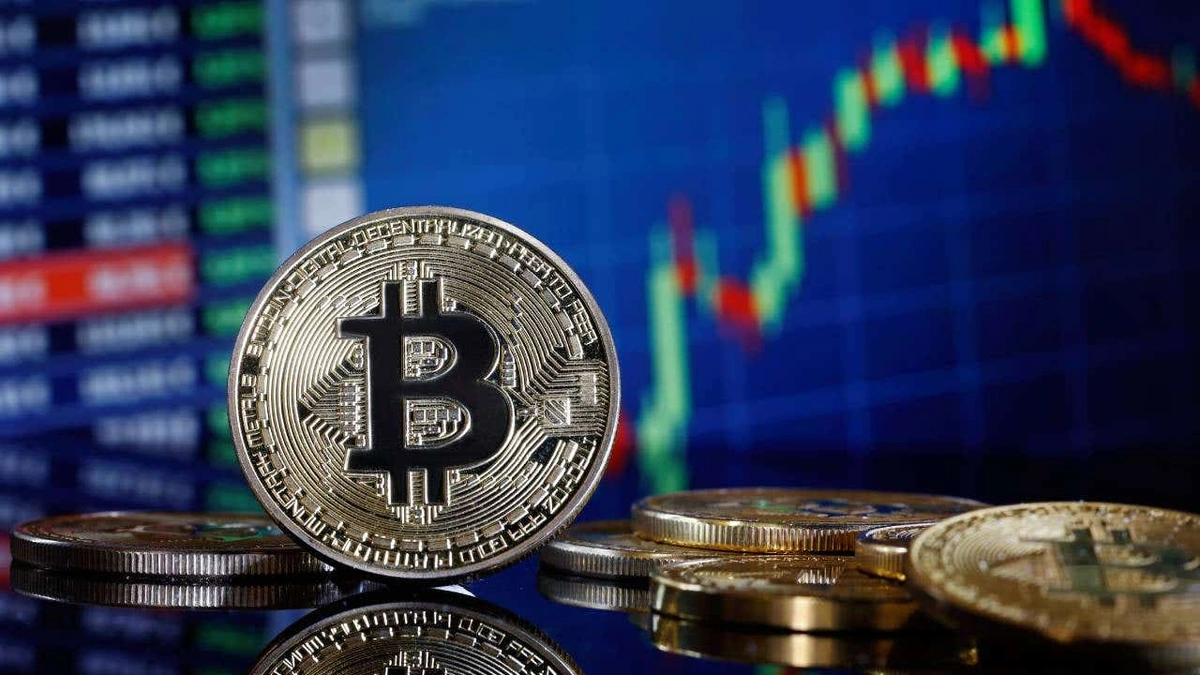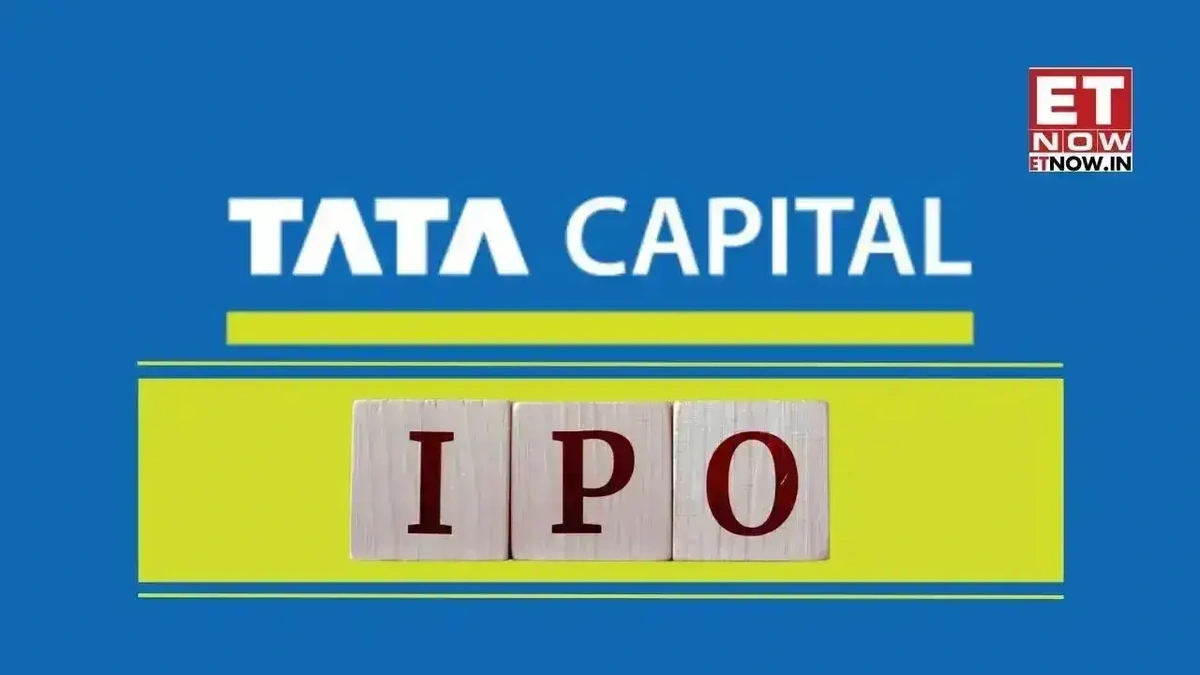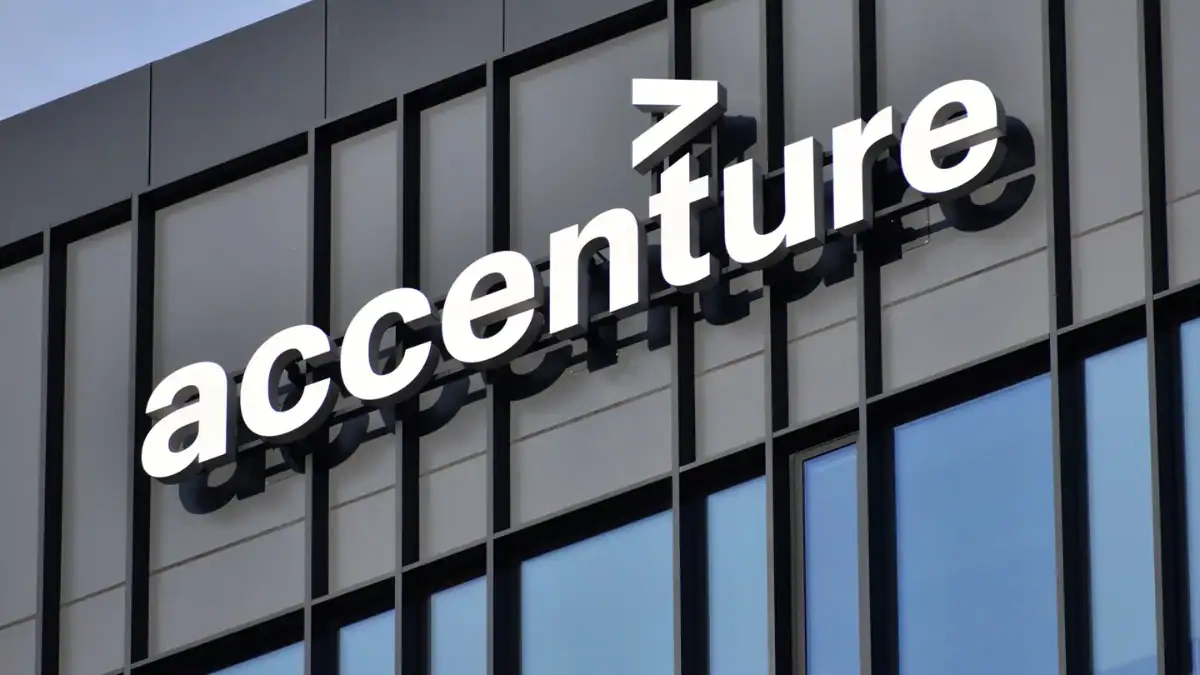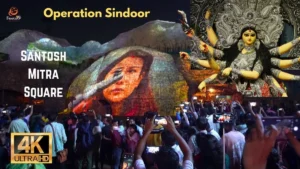Bitcoin Explained | Why It’s More Than Just Digital Money (And What It Means for You in India)
Let’s grab a virtual coffee. You and me. We need to talk about bitcoin .
I know, I know. You’ve heard the name a thousand times. Your cousin’s friend in Bengaluru apparently made a fortune. Your uncle in Delhi thinks it’s a complete scam. The news screams about its price either rocketing to the moon or crashing into a fiery abyss. It’s confusing, it’s noisy, and frankly, it’s exhausting.
Here’s the thing. Most conversations about Bitcoin get it wrong. They focus only on the price the daily drama of the numbers going up or down. But that’s like describing the ocean by only talking about the waves on the surface. It misses the incredible, world-changing depth underneath.
So, let’s ignore the noise for a bit. My goal here isn’t to tell you to buy or sell. It’s to sit down with you and explain why this thing even exists, why it matters, and what it might mean for an ordinary person in India trying to make sense of their financial future. This is the conversation I wish I’d had when I first tumbled down the rabbit hole.
So, What on Earth Is Bitcoin, Really?
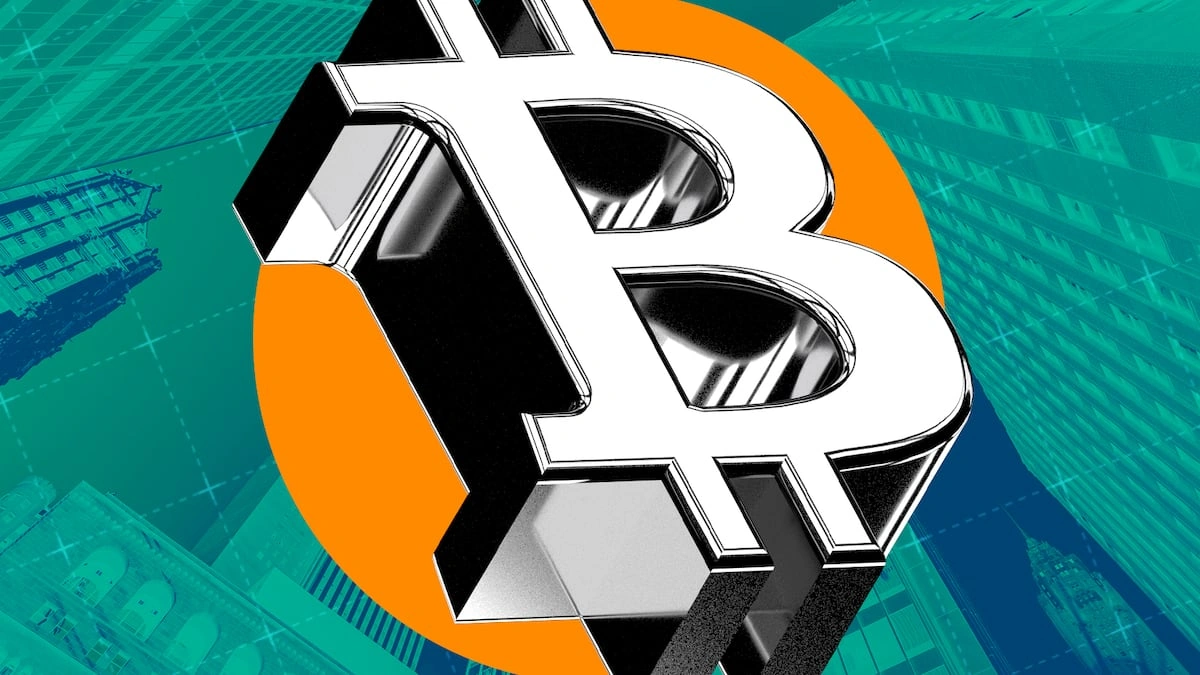
Forget the complicated jargon for a second. Let’s break it down with a simple analogy.
Imagine a magical, public notebook. This notebook is shared with millions of people around the world. Every single transaction every time someone sends a piece of Bitcoin to someone else is written down in this notebook for everyone to see. Crucially, this notebook isn’t owned by a bank, a government, or any single company. It’s maintained by a global community.
That notebook is the blockchain technology . It’s a ledger, just like your bank’s, but with a few superpowers:
- It’s Decentralized: There’s no head office. No CEO. No one can wake up one morning and decide to change the rules, shut it down, or freeze your account. Its power is distributed across thousands of computers worldwide.
- It’s Transparent: While your identity is pseudonymous (represented by a long string of characters), every transaction is public. You can literally watch the money move around the world in real-time.
- It’s Immutable: Once a transaction is written into this notebook and confirmed by the network, it’s practically impossible to change or delete. It’s set in stone.
So, Bitcoin isn’t just “digital money.” It’s a system of value transfer built on this revolutionary idea of a shared, unchangeable, public ledger that nobody controls. Think of it less as digital paisa and more as digital property that you, and only you, truly own and control.
Why Bitcoin Isn’t Just ‘Digital Paisa’ – The Real Revolution is Decentralization
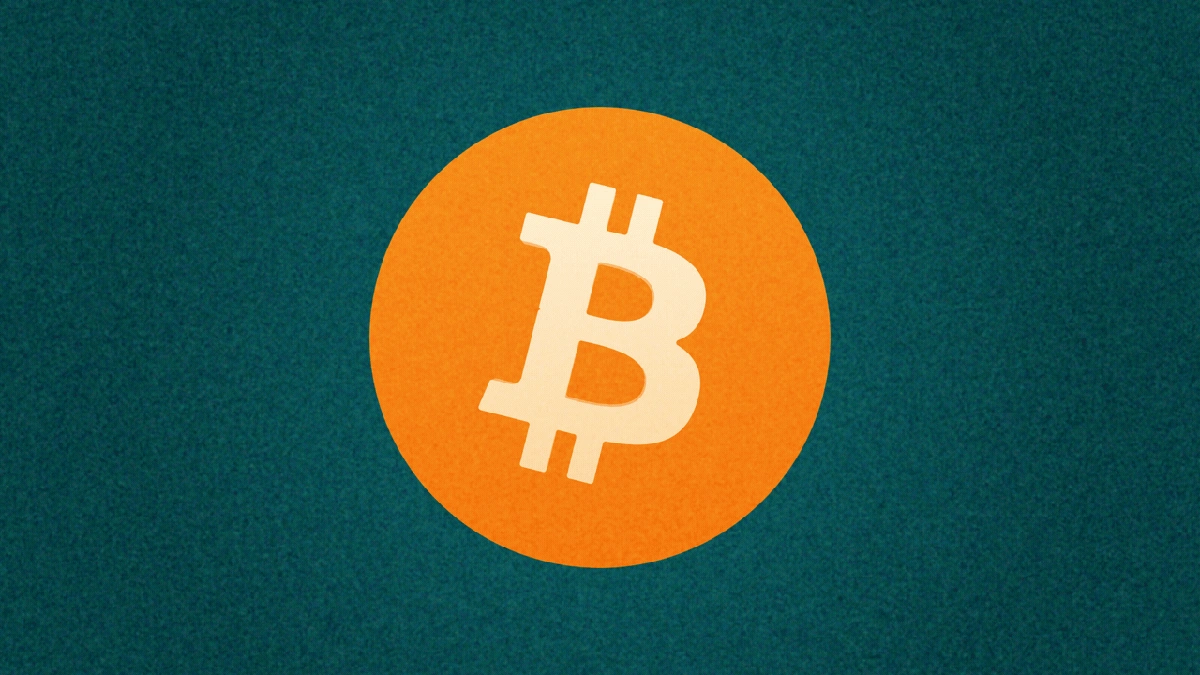
This is the part that fascinates me most. It’s the core ‘why’ of Bitcoin.
Let’s be honest about our current financial system. When you say you have ₹1,00,000 in your bank account, you don’t actually have it. You have an IOU from the bank. The bank holds your money, and you trust them to give it to you when you ask. But that system has gatekeepers. A bank can block a transaction. A government can, in extreme cases, devalue a currency by printing more of it. We saw this with demonetisation the rules can change overnight.
Bitcoin was born from the ashes of the 2008 financial crisis, created by the anonymous “Satoshi Nakamoto” as an alternative. It’s a system built on mathematical rules, not on the whims of powerful people or institutions. This concept of decentralization is the real game-changer.
There’s no single point of failure. It’s a network that belongs to its users. This is profoundly different from anything that has come before it. It’s a financial system that operates outside the control of any single entity, which is both its most powerful feature and, for many, its most intimidating one.
The ‘Digital Gold’ Argument | Is Bitcoin the New Safe Haven?
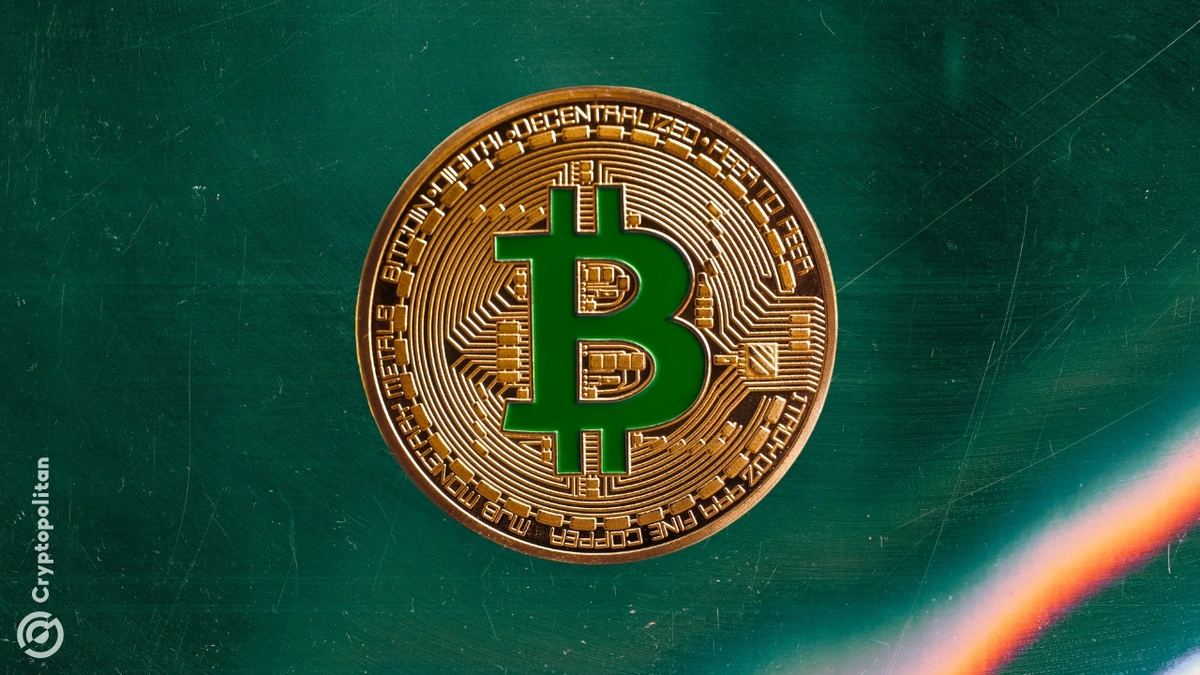
You’ve probably heard people call Bitcoin ” digital gold .” It sounds like a buzzword, but there’s some logic behind it. What makes gold valuable? It’s rare, it’s durable, and it’s been a trusted store of value for thousands of years. You can’t just print more gold.
Bitcoin has a similar, but digitally enforced, feature: scarcity. There will only ever be 21 million Bitcoin in existence. That’s it. It’s written into the code. This programmed scarcity is a direct contrast to national currencies, which can be printed endlessly.
Because of this, many people see Bitcoin not as something to use for daily purchases, but as a long-term savings technology a way to protect their wealth from inflation over time. When governments print more money, the value of each rupee in your pocket slowly erodes. The hope is that because Bitcoin has a fixed supply, its value will hold or increase over the long run.
But and this is a huge “but” it’s not a calm and steady store of value like gold. Not yet, anyway. The bitcoin price in India is notoriously volatile. It can swing 20% in a single day. So, while the ‘digital gold’ theory is compelling, it’s a very bumpy ride. It’s an asset that requires a strong stomach and a long-term perspective. While you think about assets, it is always a good idea to protect what you have, which makes understanding things like Oriental Insurance why it matters a part of a balanced financial view.
Okay, But What Does This Mean for Me in India?
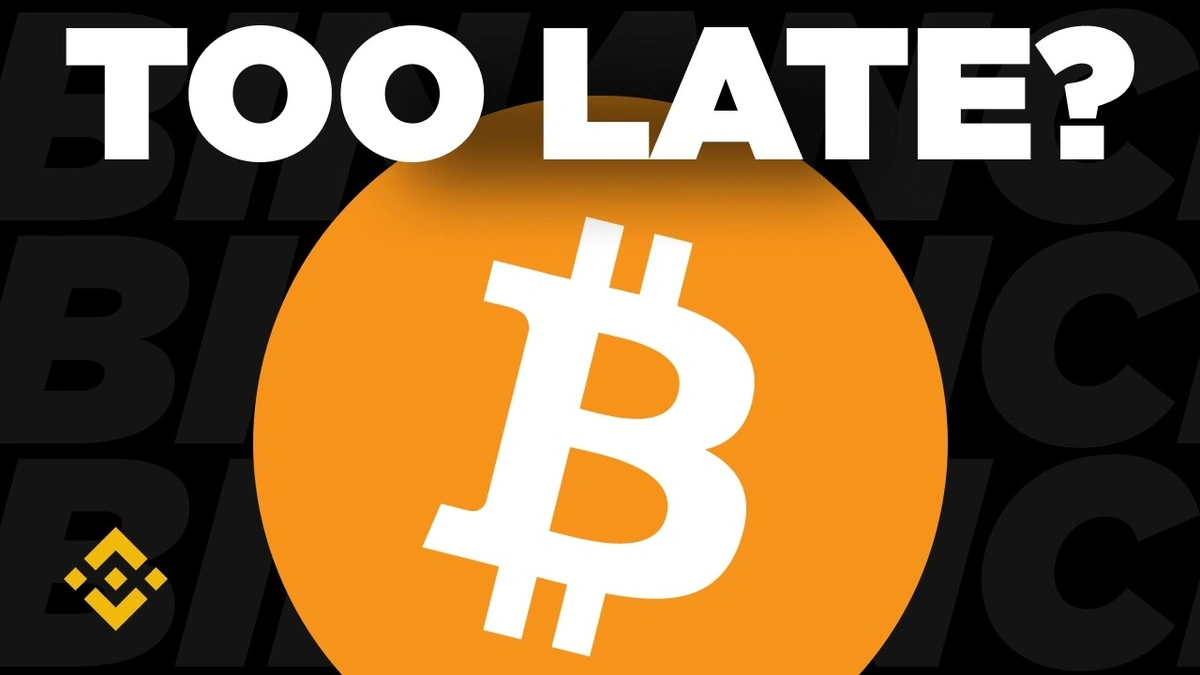
So we’ve talked philosophy and technology. Let’s bring it back to your life. How should you think about investing in bitcoin ?
First, the legal question: Is bitcoin legal in India ? The answer is nuanced. It’s not illegal to buy, sell, or hold Bitcoin. However, it is unregulated. The Reserve Bank of India (RBI) has repeatedly warned about the risks. More importantly, the Indian government has imposed a hefty 30% flat tax on any profits you make from crypto, plus a 1% TDS on transactions. They are watching the space closely, but they haven’t banned it.
For an average person, Bitcoin can play a few potential roles:
- A High-Risk, High-Reward Asset: A small part of a diversified investment portfolio. The key word is *small*. Never invest more than you are truly willing to lose. It’s a speculative asset, like a lottery ticket with better odds.
- A Way to Opt-Out: For some, it’s a philosophical choice to hold a part of their wealth outside the traditional financial system, free from corporate or government control.
- A Technological Learning Experience: Interacting with Bitcoin teaches you about digital ownership, cryptography, and the future of finance. Even if you only invest a tiny amount, the educational value is immense.
The journey into understanding different investment options is vast. While Bitcoin represents a new frontier, it’s also worth keeping an eye on traditional markets, for instance, learning about the Patel Retail IPO GMP today can provide insights into how public offerings work.
Your Bitcoin Questions, Answered
What if I forgot my application number?
There’s no application number for Bitcoin itself; it’s a decentralized network. However, if you’re talking about an account on a cryptocurrency exchange, they will have a standard ‘Forgot Password’ or ‘Account Recovery’ process. Always use a reputable exchange and enable two-factor authentication (2FA) for security.
Is Bitcoin actually legal in India?
As of now, yes. It’s not illegal to buy, sell, or hold Bitcoin. However, it’s not recognized as legal tender. The government imposes a 30% tax on gains and a 1% TDS on transactions, so it is treated as a virtual digital asset for tax purposes. You can check the latest guidelines on the officialRBI websitefor any updates.
Do I need a lot of money to buy Bitcoin? I can’t afford a whole one!
Absolutely not! This is a huge misconception. One Bitcoin is divisible into 100 million smaller units called ‘Satoshis’ (or ‘Sats’). You can buy as little as ₹100 worth of Bitcoin on most Indian exchanges. You don’t need to buy a whole coin, just like you don’t need to buy a whole kilogram of gold.
Isn’t Bitcoin just for criminals and illegal activities?
This was a common narrative in the early days, but it’s largely outdated. Because the blockchain is a public and permanent ledger, it’s actually a poor choice for criminals who want to hide their tracks. Major blockchain analysis firms work with law enforcement to trace illicit funds. While some illegal activity still occurs (as it does with cash), the vast majority of transactions are for investment and speculation.
What is ‘blockchain technology’ in simple terms?
Think of it as a digital receipt book that is shared and verified by a global network of computers. Once a receipt (a transaction) is added, it cannot be removed or altered, making it incredibly secure and transparent. It’s the foundational tech that makes Bitcoin and other cryptocurrencies possible.
Bitcoin is not a simple topic. It’s a deep, complex, and sometimes contradictory world. It’s a technological marvel, a volatile speculative asset, and a political statement all rolled into one.
My advice? Don’t rush in because of FOMO (Fear Of Missing Out). But don’t dismiss it out of fear, either. Take the time to understand the ‘why’ behind it. Read, listen, and learn. Whether it becomes the future of money or a niche digital collectible, understanding bitcoin is no longer optional. It’s about understanding a fundamental shift in how we think about money, trust, and power. And that conversation is worth having.
